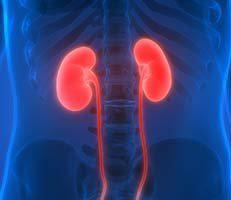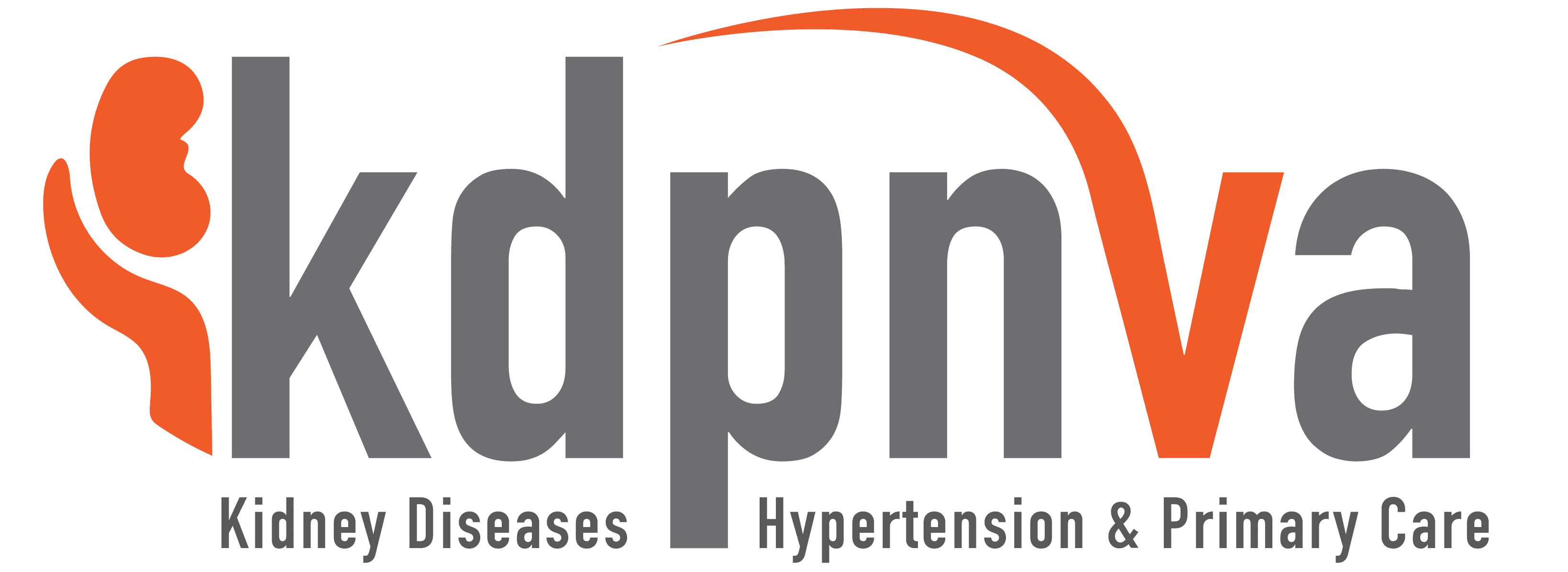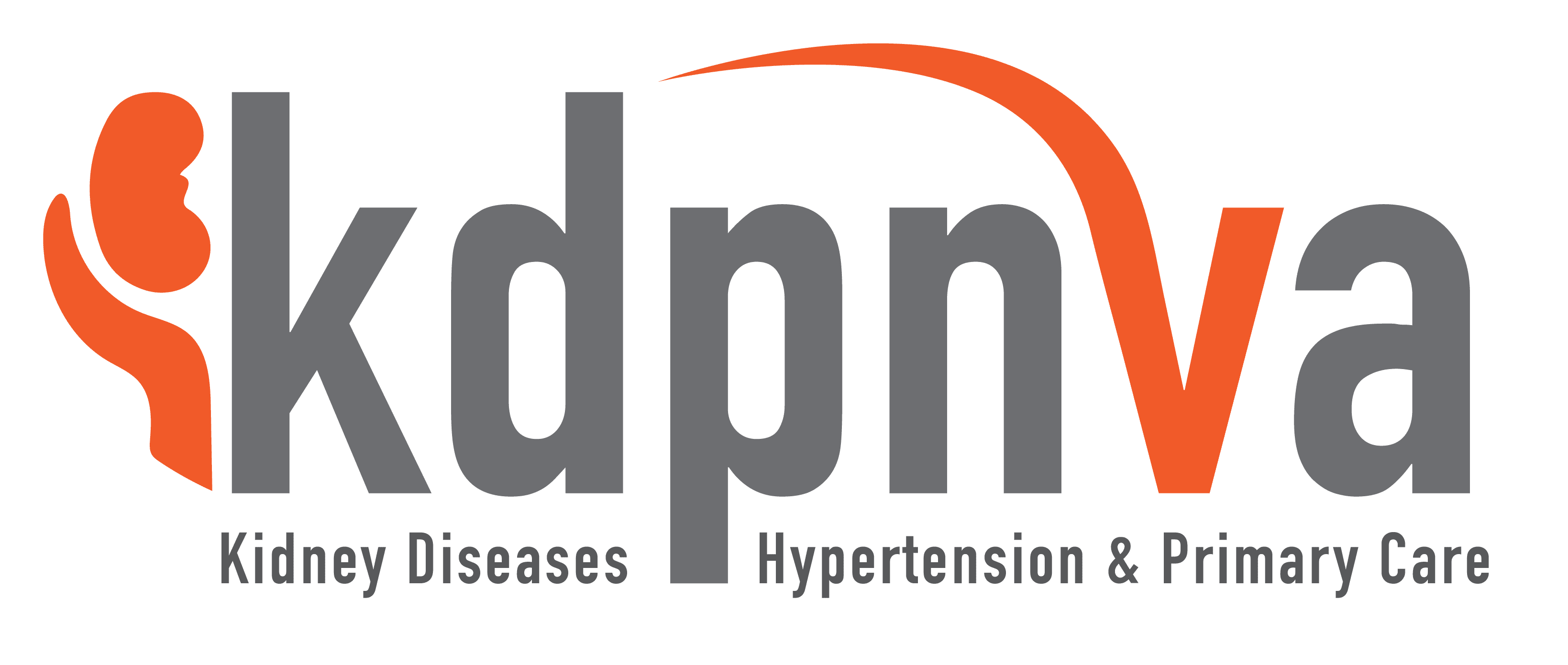What is kidney disease?
You have two bean-shaped, fist-sized kidneys near the middle of your back, just below your rib cage, that remove waste and extra water from your blood. Your kidneys help balance the salts and minerals that circulate in your blood and make the hormones that help control blood pressure. They also make red blood cells and keep your bones strong.
A diagnosis of kidney disease means that your kidneys are damaged and can’t filter blood normally, causing waste to accumulate in your body and cause additional health problems.
How is kidney disease diagnosed?
Since your kidneys are highly adaptable and able to compensate for lost function, the beginning stages of kidney disease don’t manifest symptoms.
As your kidney disease progresses, the signs and symptoms that do present themselves are often nonspecific and get attributed to other illnesses. This can cause problems to get overlooked until irreversible damage has occurred.
The doctors at Kidney Diseases, Hypertension, & Primary Care review your family and medical history and measure your blood pressure. High blood pressure levels are both a factor in causing kidney disease and an indicator of its presence.
The only way to confirm a diagnosis of kidney disease is through specific blood and urine tests that measure the creatinine level in your blood and the protein level in your urine.
The doctors at Kidney Diseases, Hypertension, & Primary Care also recommend imaging tests, including an ultrasound, to assess the size and structure of your kidneys. A kidney biopsy, wherein a sample of tissue gets removed and tested in a lab, helps rule out other kidney issues.
How is kidney disease treated?
Some types of kidney disease are incurable. Therefore, treatment focuses on controlling the symptoms, reducing complications, and slowing the disease’s progression. The doctors at Kidney Diseases, Hypertension, & Primary Care also focus on treating the cause of your kidney disease.
Once you get diagnosed with kidney disease, it’s essential that you make healthier choices about what you eat and drink, especially if you have diabetes or high blood pressure. Keeping these issues under control lowers your risk of kidney failure.
Medications also help control causes, signs, and symptoms. Untreated early on, end-stage kidney disease requires dialysis and kidney transplants.
To discuss your risk factors and health concerns related to kidney disease, call or make an appointment online today with the doctors at Kidney Diseases, Hypertension, & Primary Care in Arlington, Virginia.


